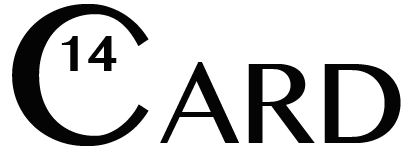CARD fuzzes location data for public visitors to the database. Accessing CARD's full capabilities requires an account available only to researchers at accredited institutions.
- Lab number
- AECV-1198C
- Field number
- ASA-D90-057
- Material dated
- bison bone collagen; collagène osseux de bison
- Taxa dated
- Bison sp.
- Locality
- right (south) bank of Crowsnest River, about 4 km above its confluence with Oldman River, Alberta
- Map sheet
- 82 G/09
- Submitter
- S. Van Dyke
- Date submitted
- June 2, 0098
- Normalized Age
- 8580 ± 160
- δ13C (per mil)
- -19.3
- Significance
- Palaeoindian, Alberta; Paléoindien
- Context
- 260-290 cm depth, with an Alberta point
- Associated taxa
- Mammalia: Bison sp (see also AECV-746)
- Comments
- DjPm-16, J-Crossing: Among the campsites studied by Van Dyke and others (1991) in the Oldman River valley, only two yielded material assigned to the Palaeoindian period. At the J-Crossing site, cultural material unit 5 included 2661 artifacts associated with a burial soil at 220-265 cm depth. This was assigned to an Alberta subcomponent on the basis of a poorly preserved projectile point that, missing its base, might have been either notched or stemmed. Another point is a stem fragment that might have belonged to either a Pryor Stemmed or a Scottsbluff point. A stemmed end scraper is believed to have been reworked from a projectile point with similarities to points from the Lindoe site, Medicine Lodge Creek, Lind Coulee, and the Parman series of the northwestern Great Basin. Exotic lithic materials include Avon chert (n=50), Montana chert (6), Swan River chert (5), Knife River Flint (3), and one each of Top-of-the-World chert, Banff chert, and Etherington chert. The faunal assemblage includes bison (MNI-1), rabbit or hare (2), a small ungulate (deer?), a canid, and unidentified rodents. Among these, the bison and lagomorph bones were burned.

